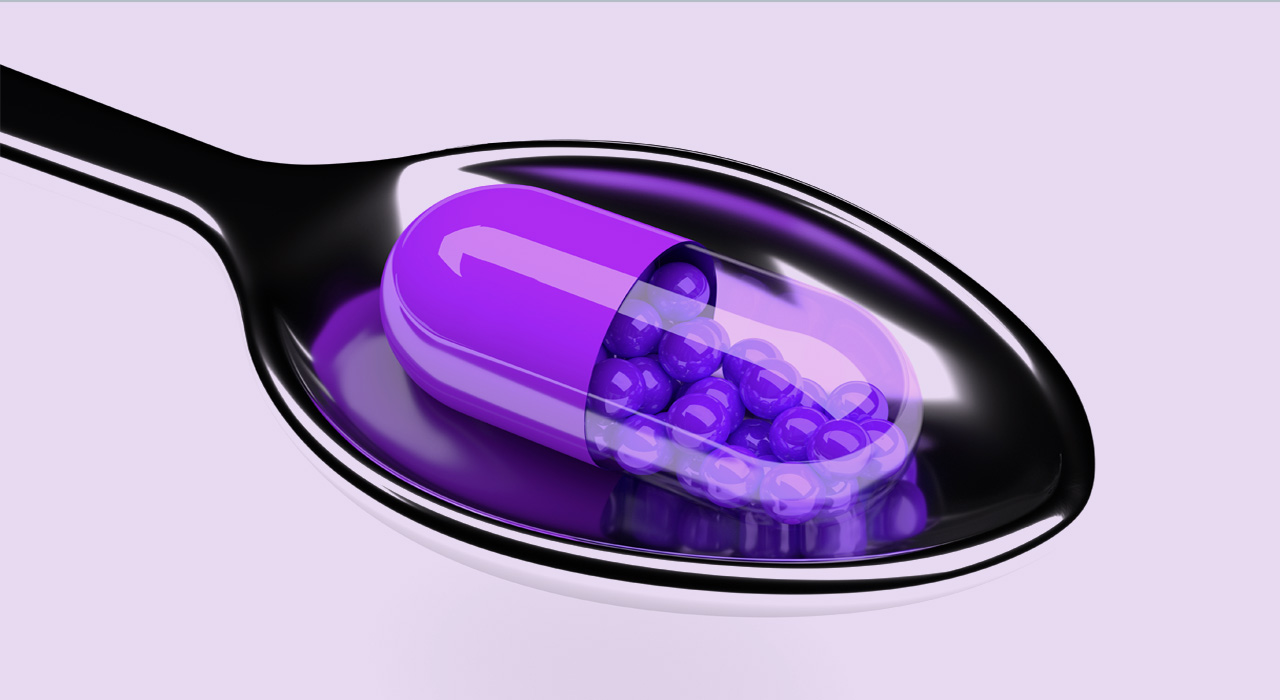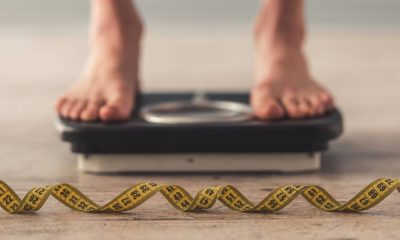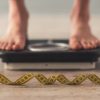Uncategorized
Iodine – The Overlooked Mineral
An important mineral that is often overlooked is iodine. Learn where iodine is sourced from, how it affects your thyroid and how to avoid deficiencies.
Iodine is an essential trace element that is not made in the body and can only be sourced from the diet. Most of the world’s iodine is found in the oceans, the richest dietary sources are from sea vegetables such as kombu, nori, kelp, and seaweed. However, regular consumption of these sources is rare in the US. Environmental pollution also affects the iodine content in our soils, increasing risk of deficiency.
Fruits and vegetables contain iodine, but the amount varies depending on the iodine content of the soil, fertilizer use and irrigation practices The earth’s soils contain varying amounts of iodine, which in turn affects the iodine content of crops. In some regions, iodine-deficient soils are common, increasing the risk of iodine deficiency among people who consume foods primarily from those areas. Organic iodine can also be found in some foods naturally, including saltwater fish, eggs, sea salt, cheese, asparagus, garlic, beans, spinach, and beef.
Iodine plays a crucial role in maintaining healthy thyroid function. A healthy human body contains 15-20 mg iodine and as much as 70-80-% of this is found in the thyroid gland. This gland takes iodine and converts it into thyroid hormones, which control basal metabolic rate and regulate all intracellular metabolisms. This determines how efficiently calories are burned. It is also responsible for regulating a number of physiological processes, which include: growth, reproduction, nerve and muscle function, the synthesis of protein, the growth of nails and hair and the use of oxygen by all the cells in the body.
The damage caused to an individual due to iodine deficiency is in fact the result of deficiency of thyroid hormones.
Lack of iodine impairs the production of thyroid hormones which adversely affects the heart, liver, muscles, kidney and embryonic brain development. During pregnancy and early infancy, iodine deficiency can cause irreversible defects.
Severe cases of iodine deficiency can lead to hypothyroidism with symptoms such as:
- dry skin
- fatigue
- weight gain
- a hoarse voice
- depression
- constipation
- delayed reflexes
- lack of mental clarity
Iodine also plays a big role in healthy brain development and ongoing cognitive abilities, therefore iodine deficiency is believed to be one of the most common preventable causes of mental disorders. A lack of iodine can lead to a reduced ability to biosynthesize food into usable nutrients. This may lead to sluggish metabolism, weight gain and constipation. Because of iodine’s role in organ health, iodine deficiency may lead to an inability of the body’s organs to detoxify.
Healthy recommended levels of iodine are:
Adults: 150mcg/day. Pregnant women: 220mcg/day. Breast-feeding women: 290mcg/day.
The use of iodized salt is the most widely-used strategy to control iodine deficiency. However many health experts recommend consuming real salt, either Himalayan or Celtic sea salt as opposed to iodized table salt. Sea salt contains more than 60 trace minerals and doesn’t pose a risk of over-consuming iodine as table salt does.
Transdermal iodine. There is a simple test that can be used by anyone to determine if they are iodine deficient. Here is a simple procedure:
- Apply standard 2%- 5% (Lugols) topical iodine in a circular area that is about the size of a silver dollar (2 inches) on the abdomen, wrist, or forearm, and allow it to completely dry. (Careful, it stains!)
- Check to see if it disappears within 12 hours.
If the iodine disappears within 12 hours, then the individual is iodine deficient. 18 hours indicates moderate deficiency and 24 hours results show normal levels. This test works due to the fact that the skin absorbs iodine at the rate at which it is needed. The faster it absorbs the more deficient you are.














